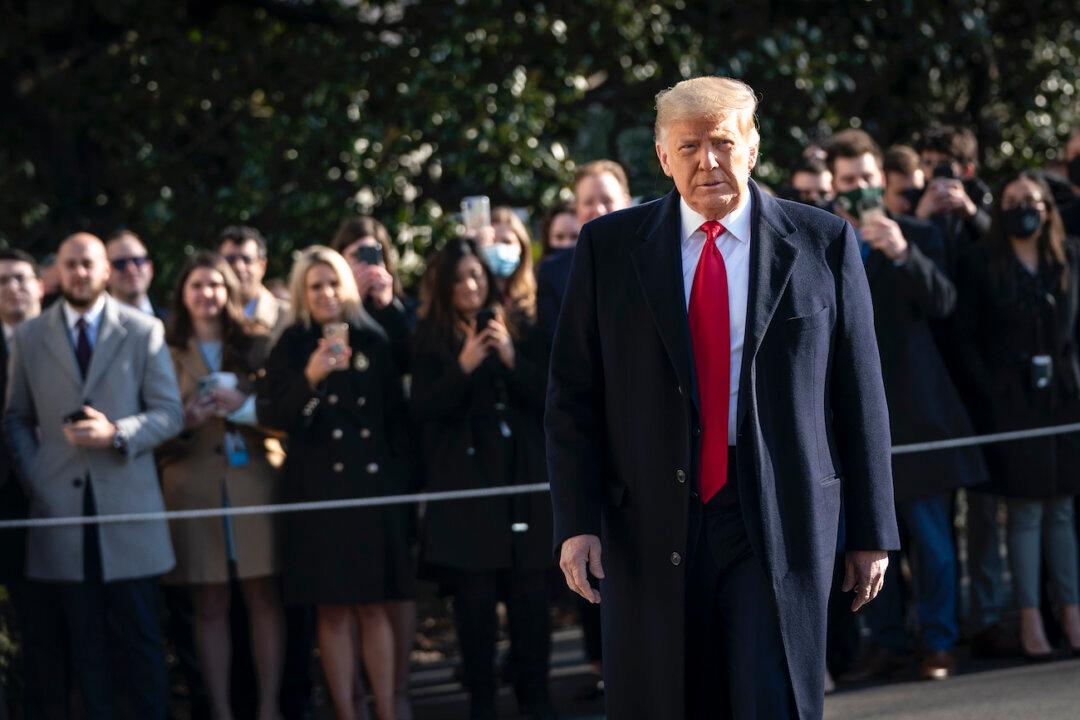President Donald Trump on Monday signed an executive order aimed at enhancing protections for federal judges, prosecutors, and law enforcement officers.
His order directs the federal government to make it easier for law enforcement officers and federal prosecutors to carry a concealed firearm, and urges Congress to pass legislation to extend the right to carry a concealed firearm to federal judges.




